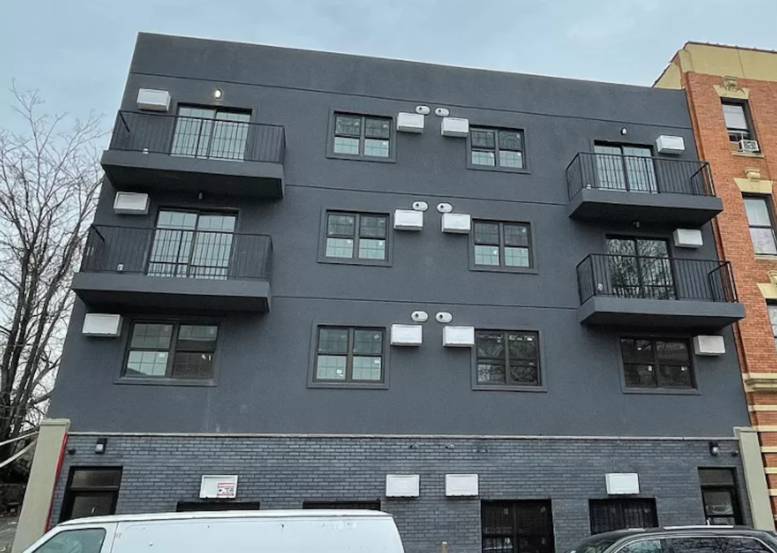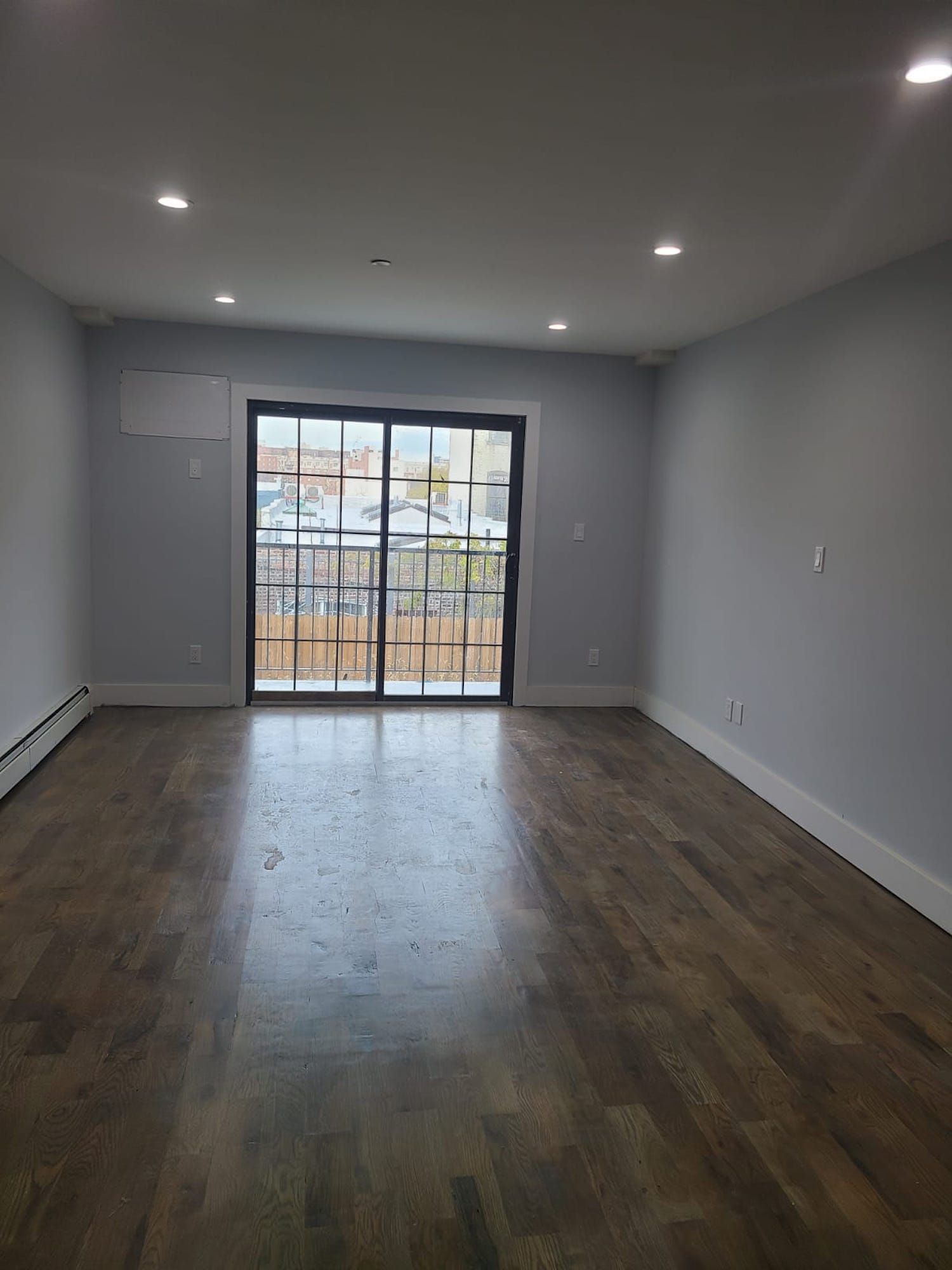
Options Available to Maximize Energy Efficiency, Affordability, and Comfort
Follows Call for Utilities to Enhance Consumer Awareness of Impact on Energy Bills
Home Energy Assistance Program Aid Available for Homeowners and Renters
Governor Kathy Hochul today reminded New Yorkers of programs and options available to address rising energy supply costs. Families and businesses alike can take advantage of programs to adopt energy efficiency and electrification solutions for homes and buildings, which will make them more comfortable and help manage energy costs over time. Earlier this week, the Governor announced the Department of Public Service issued letters to all of New York’s major electric and gas utilities requiring them to increase their outreach and education efforts regarding the impact on energy bills from surging energy supply prices. She also launched an enhanced statewide campaign to educate New Yorkers about the available programs low-income customers can tap into to access millions in aid.
“My administration is working closely with partners throughout the state to ensure we have a coordinated effort in helping families and businesses address rising energy costs,” Governor Hochul said. “I encourage all New Yorkers to take advantage of the various programs available to help manage these rising costs, as well as ensure that best practices are being followed to reduce energy consumption.”
New York State Energy Research and Development Authority (NYSERDA) President and CEO Doreen M. Harris said, “There are many ways for New Yorkers to save energy and lessen their energy bills over time, from easy steps like using LED lighting to signing up for a local community solar offering. These programs can offer an immediate lifeline for some of our most vulnerable residents during these challenging times, and we encourage all New Yorkers to help us spread the word about the assistance we are offering in the face of rising energy costs.”
Office of Temporary and Disability Assistance (OTDA) Acting Commissioner Daniel W. Tietz said, “As New Yorkers continue to feel the budgetary sting of rising fuel costs, we encourage all eligible households to apply for help from the Home Energy Assistance Program. The regular benefit and emergency supplements can provide an important stopgap for low-income individuals and families to defray the cost of heating their homes and make ends meet as we head into the final weeks of the cold weather season in the Northeast.”
Department of Public Service (DPS) CEO Rory M. Christian said, “Given the sudden and sharp increase in energy prices, it’s critically important for consumers to reduce their monthly energy bills by considering cost-effective energy efficiency investments such as using LED lights, better household insulation, and more energy efficient appliances. Many of these investments can be made by consumers themselves without the need to hire a contractor.”
The costs of natural gas, heating oil and propane continue to rise sharply resulting in increases in utility and heating bills, with international geopolitical influences putting additional pressure on the price of oil and gas. As energy prices rise during the winter months, some steps New Yorkers can take to protect against higher energy costs are:
Apply for HEAP. The Home Energy Assistance Program (HEAP) can provide up to $751 to eligible homeowners and renters depending on income, household size and how they heat their home. Administered by the state Office of Temporary and Disability Assistance, applications for HEAP are accepted at local departments of social services in person or by telephone, with funding provided on a first-come, first-served basis. A list of local offices by county can be found here. Residents outside of New York City may also apply online for regular heating assistance benefits. New York City residents may download an application and obtain program information here. To qualify for benefits, a family of four may have a maximum gross monthly income of $5,249, or an annual gross income of $62,983.
- New York State is also providing $250 million in additional federal funding to help low-income households pay heating utility arrears up to $10,000 per household. Additionally, $58 million in emergency HEAP funding remains available to help low- and middle-income New Yorkers avoid having their home heating disconnected or their heating source exhausted amid fuel price increases this winter.
- For low-income households facing no-heat situations due to non-working heating equipment, OTDA is also accepting applications for its heating equipment repair or replacement benefit. Eligible homeowners can apply for up to $3,000 for repairs or $6,500 for replacement of a furnace, boiler or other direct heating equipment necessary to keep the household's primary heating source working. Additionally, eligible households can receive energy efficiency services, which include the cleaning of primary heating equipment to allow for safe and efficient operation. Interested households can apply with their local HEAP contact.
Sign up for community solar. Community Solar allows New Yorkers, including renters, co-op/condo owners, and businesses, to save money every month on their electric bills. Consumers can subscribe to a community solar project where available and start receiving credits on their electric bill for the clean energy produced by a solar farm. Find more information on how to sign up for community solar on NYSERDA’s website.
Get a free energy audit. Homeowners across New York are eligible for a free home energy assessment through NYSERDA’s Residential Energy Audit Program. Home energy assessments are available both in-person and using remote technologies. Trained and qualified contractors who provide energy assessment services can help homeowners decide which energy improvements are worth investing in, install the improvements, and assist in connecting homeowners with NYSERDA’s low-interest financing programs.
Reduce your business or buildings energy costs. Community Energy Advisors across New York State can help residents, businesses and multifamily building owners reduce their energy use and costs.
Join a Clean Heating and Cooling Campaign. Participating in a campaign eases the process of replacing a community member’s current heating or cooling system with clean heating or cooling technology by connecting members with pre-qualified contractors and outlining potential incentives, tax breaks, financing, and payment options. Experienced contractors can give a home or business owner a holistic assessment to determine if their home or business space will also benefit from weatherproofing upgrades that can further increase comfort and reduce energy bills. Visit NYSERDA’s website to see if your community is participating in a Clean Heating and Cooling Campaign.
Know your rights and protections. The New York State Home Energy Fair Practices Act (HEFPA) has comprehensive protections for residential customers regarding their utility services. These rights include the option to pay bills in installments, a cap on late fees, sufficient notice prior to shut-off of services, and protections for those on a fixed income or with medical conditions. Learn about these from the Department of Public Service at AskPSC.
Consider bill payment options. When getting in touch with your utility provider, inquire about billing options that allow for deferred payments or “budget billing” options that even out bills that are higher in one season and lower in another. This can structure your payments and make it easier to navigate costs.
Better understand the energy management of your building. Put Energy to Work for businesses provides a deeper understanding of tools and programs that help in energy management for commercial and industrial buildings and includes resources that can increase profitability, create a competitive advantage, and achieve greater resiliency.
Visit NYSERDA for more information about the programs, funding and technical assistance available to assist homeowners, renters and businesses manage their energy needs.
New York State's Nation-Leading Climate Plan
New York State's nation-leading climate agenda is the most aggressive climate and clean energy initiative in the nation, calling for an orderly and just transition to clean energy that creates jobs and continues fostering a green economy even as New York State recovers from the COVID-19 pandemic. Enacted into law through the Climate Leadership and Community Protection Act (Climate Act), New York is on a path to achieve its mandated goal of a zero-emission electricity sector by 2040, including 70 percent renewable energy generation by 2030, and to reach economy wide carbon neutrality.
It builds on New York's unprecedented investments to ramp-up clean energy including over $33 billion in 102 large-scale renewable and transmission projects across the state, $6.8 billion to reduce buildings emissions, $1.8 billion to scale up solar, more than $1 billion for clean transportation initiatives, and over $1.6 billion in NY Green Bank commitments. Combined, these investments are supporting nearly 158,000 jobs in New York's clean energy sector in 2020, a 2,100 percent growth in the distributed solar sector since 2011 and a commitment to develop 9,000 megawatts of offshore wind by 2035.
Under the Climate Act, New York will build on this progress and reduce greenhouse gas emissions by 85 percent from 1990 levels by 2050. The Climate Act will ensure that at least 35 percent, with a goal of 40 percent, of the benefits of clean energy investments are directed to disadvantaged communities, and advance progress towards the state's 2025 energy efficiency target of reducing on-site energy consumption by 185 trillion BTUs of end-use energy savings.




